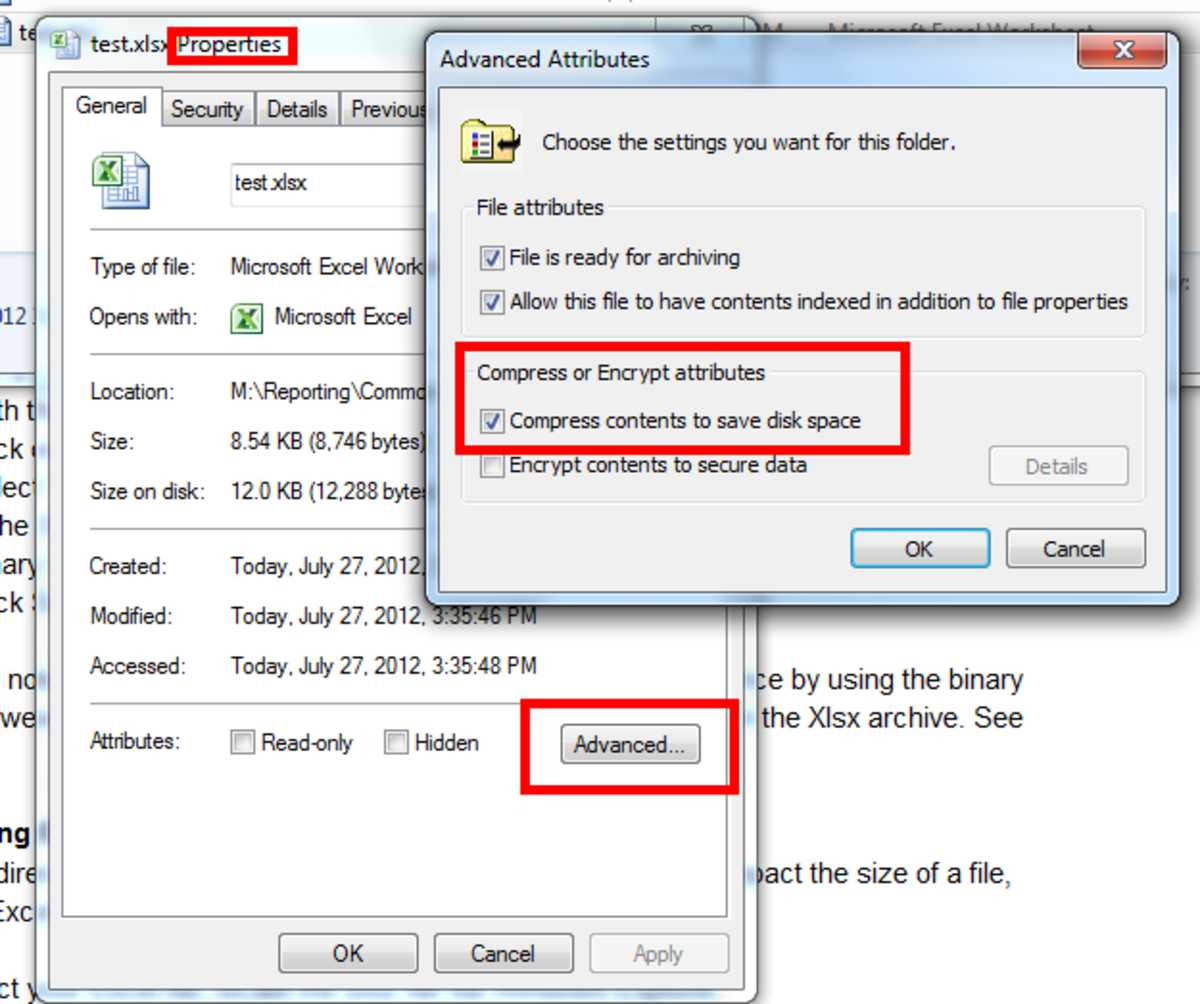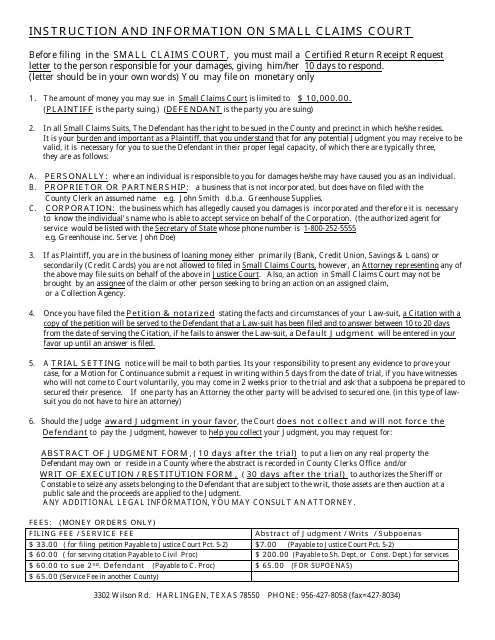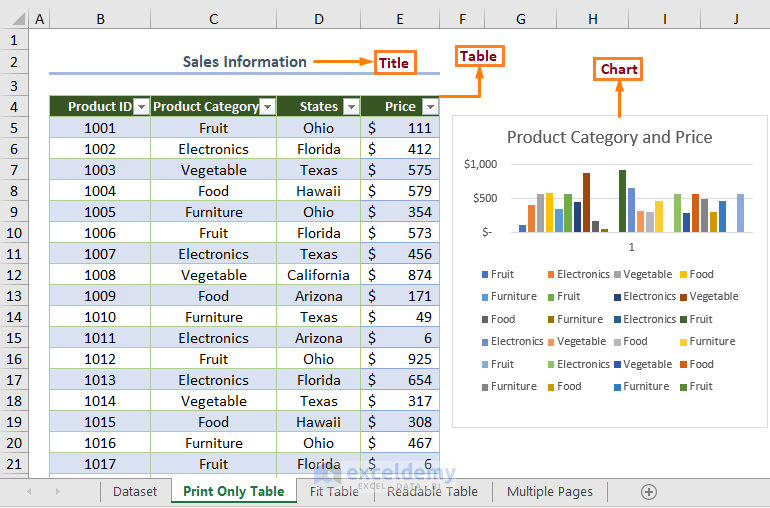Essential Paperwork for Selling to China: A Guide

In the dynamic world of international trade, exporting goods to China can be a lucrative opportunity for businesses worldwide. However, selling to this massive market requires meticulous preparation, particularly when it comes to handling the necessary paperwork. Understanding and preparing the essential documentation is crucial for navigating the complexities of Chinese customs regulations, ensuring compliance, and facilitating smooth transactions. In this comprehensive guide, we'll delve into the essential paperwork you need to successfully export products to China.
Why Documentation is Crucial

Documentation serves multiple purposes in international trade:
- Compliance: To meet regulatory requirements both domestically and internationally.
- Proof of Ownership and Value: For verification and customs valuation.
- Facilitation: To expedite customs clearance and ensure prompt delivery.
📝 Note: Incorrect or incomplete documentation can lead to shipment delays, fines, or even confiscation at customs.
Essential Documents for Exporting to China

1. Commercial Invoice

The commercial invoice is the fundamental document in any export transaction:
- Provides details on the sold goods including price, quantity, description.
- Must be in English or accompanied by a translation into Chinese.
- Should include both the exporter’s and the importer’s details.

2. Packing List

This document details:
- The type of package, total number of packages, net and gross weight.
- Content of each package for customs examination.
3. Bill of Lading or Air Waybill

These documents act as contracts of carriage:
- Bill of Lading: For sea freight, detailing the cargo, carrier, consignee, and instructions for delivery.
- Air Waybill: For air shipments, similar to a bill of lading but for air transport.
4. Certificate of Origin (COO)

The Certificate of Origin is critical:
- Proves that the goods originate from a particular country.
- Essential for obtaining preferential tariffs under trade agreements.
📝 Note: China has Free Trade Agreements (FTAs) with several countries which might require a specific form of COO.
5. Export License

Some products require an export license:
- Dependent on the nature of the goods (dual-use items, hazardous materials, etc.)
- Ensure compliance with export control laws of your country.
6. Inspection Certificate

For specific categories:
- Quality, sanitary, phytosanitary, and fumigation certificates might be needed.
- China has strict regulations on food safety and agricultural products.
7. Insurance Certificate

To cover damages or losses:
- Provides evidence that the shipment is insured against loss or damage during transit.
8. Proforma Invoice

Before a contract, you might need to:
- Issue a proforma invoice, which is a preliminary invoice used to estimate costs.
Additional Considerations for China

Exporting to China comes with its unique set of considerations:
Compliance with Chinese Customs Regulations

- China has specific customs regulations, including those related to import quotas, licensing, and restricted goods.
- Ensure compliance with the China Customs Import and Export Tariff.
Import Licenses

- Some products might require an import license from the Chinese government.
- Research if your product falls under such requirements.
China Compulsory Certification (CCC)
- Many products require the CCC mark to be legally sold in China, which involves additional documentation.
Language and Translation
- Ensure all documents are either in Chinese or accompanied by a certified translation.
📝 Note: Language barriers can cause significant delays if documents are not properly translated.
Step-by-Step Process for Preparing Documentation

1. Gather All Necessary Information
- Collect product details, specifications, and international shipping information.
2. Fill Out Commercial Invoice
- Ensure accuracy in product descriptions, value, and parties involved.
3. Issue Proforma Invoice
- If required, issue a proforma invoice to estimate costs before the official transaction.
4. Prepare Packing List
- Detail the packaging specifics to assist customs in verification.
5. Arrange for Certificate of Origin
- Obtain or apply for the COO from your local Chamber of Commerce or trade body.
6. Secure Export/Import Licenses
- Apply for necessary licenses based on the product type.
7. Prepare for Quality Checks
- Engage with inspection agencies or arrange for certificates like health or phytosanitary.
8. Arrange for Insurance
- Secure cargo insurance to cover potential damages.
9. Obtain Transportation Documents
- Bill of Lading for sea freight or Air Waybill for air shipment.
10. Ensure Translations are Available
- If documents are not in Chinese, translate them and have them notarized if necessary.
Summarizing Key Points

When exporting to China, thorough documentation preparation is not just a formality but a necessity for smooth transactions. Understanding and correctly preparing your paperwork ensures you meet regulatory requirements, facilitates customs clearance, and helps avoid costly delays or legal issues. Remember to:
- Get familiar with Chinese customs regulations.
- Ensure all documents are accurate and translated where necessary.
- Be prepared to supply any required certificates or inspections.
- Keep track of and comply with any import/export restrictions or licenses.
Do I need to have all documents in Chinese?
+While not all documents need to be in Chinese, providing translations or having bilingual documents can expedite customs processing in China.
Can I send the same documentation for every product?
+No, the documentation requirements can vary depending on the nature of the product, especially for regulated items like food, pharmaceuticals, or technology.
What happens if there are discrepancies in the documentation?
+Discrepancies can lead to delays, fines, or even refusal of entry into China. It’s crucial to double-check all paperwork before shipping.
How long does the customs clearance process take in China?
+The duration can vary, but with all documentation in order, clearance typically takes 2-5 days. However, this can extend if further inspections are required.
Are there any products that cannot be exported to China?
+Yes, China has restrictions on certain imports like certain agricultural products, hazardous materials, and items with cultural implications.



